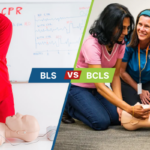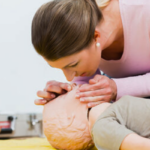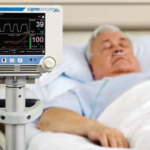
- Last Updated On: May 17, 2024
Will I be Charged if the Victim Died after I Performed CPR?
CPR, short for cardiopulmonary resuscitation, is a life-saving method intended to be used for those patients who are not breathing and who have undergone sudden cardiac arrests from a heart attack or stroke. By performing CPR, rescuers prolong and sustain the victim’s life by supplying the brains with adequate oxygenated blood thus delaying the occurrence of biological death.
However, this method doesn’t always lead to 100% success due to different circumstances. There are cases where patients still die even if CPR has been performed whereas most rescuers’ concerns are those regarding failed execution of CPR. This kind of situation makes them worry whether they will be charged (in the court of law) or not.
What happens to me if the victim dies after performing CPR?
As stated in our CPR training courses, a bystander performing CPR is responsible for asking the victim permission to perform CPR were not receiving a response is considered permission. In addition, the Good Samaritan laws protect people who perform CPR when the rescuer applies their CPR training techniques. At the same time, the Good Samaritan laws will not protect you from irresponsible acts such as abandoning the patient you provided CPR for, performing acts you have no expertise or training in, or performing CPR on a patient in knowing about a DNR (Do Not Resuscitate) order. To clear things up between the issues, here are some things everyone must take into account:- The patient is already dead. First and foremost, rescuers must always remind themselves that the patient they are dealing with is already dead — clinically. Being clinically dead means that the heart has already stopped beating.
- When performing CPR, the sole purpose is not to fully revive the patient. Performing CPR helps pump the heart to allow the blood to flow and deliver oxygen to the brain until medical assistance has come to the rescue. It delays any events where the patient will be declared biologically dead.
- Rescuers are innocent and are attempting to save a life. In fact, people should commend them for immediately attending to the dead patient’s concern. It is important to understand the Good Samaritan laws. These provide legal protection for those who assist someone who is injured or in danger. This law only protects an individual from liability if there are unintended results from their CPR performance. It is still within the individual’s best interest, to learn and perform CPR to their best ability – without intentional negligence.
- Performing CPR increases hope that the patient could still be revived. It gives everyone the idea that even though the patients are already clinically dead, there is still a possibility for them to regain life.
Facebook
WhatsApp
LinkedIn
Twitter






